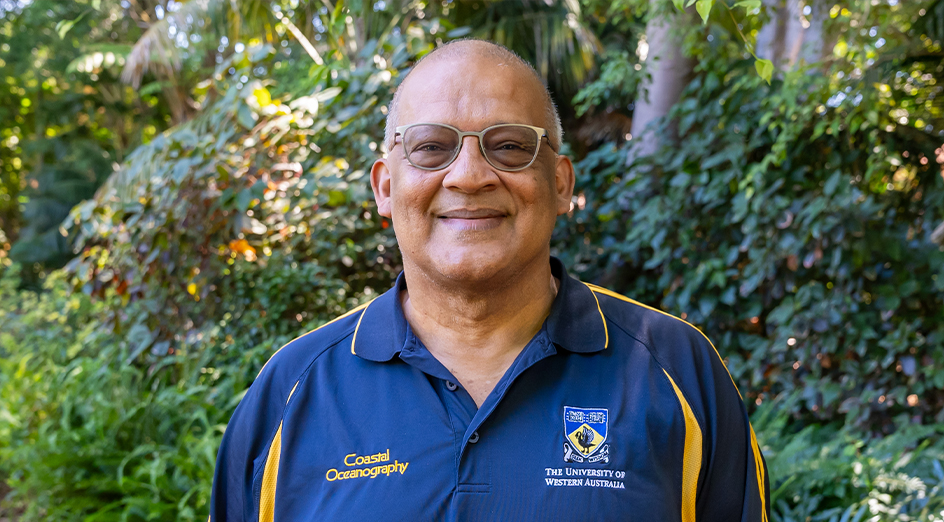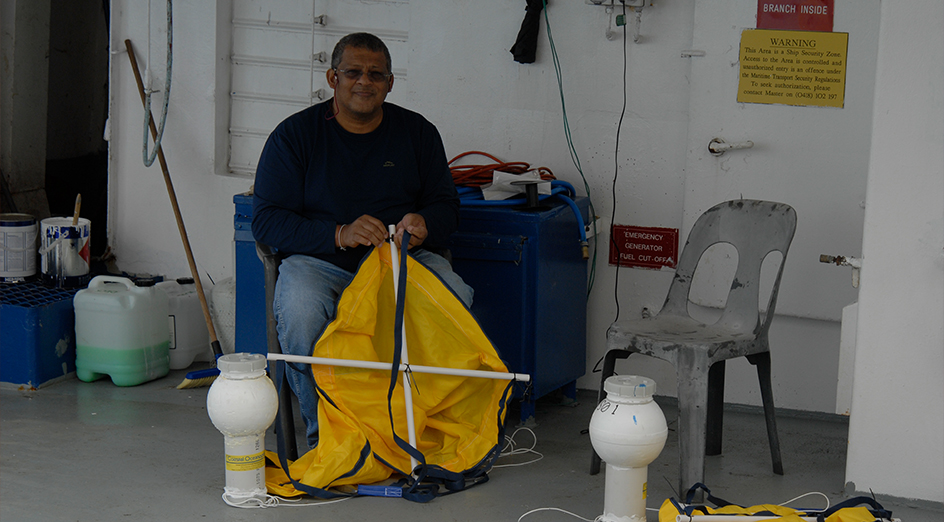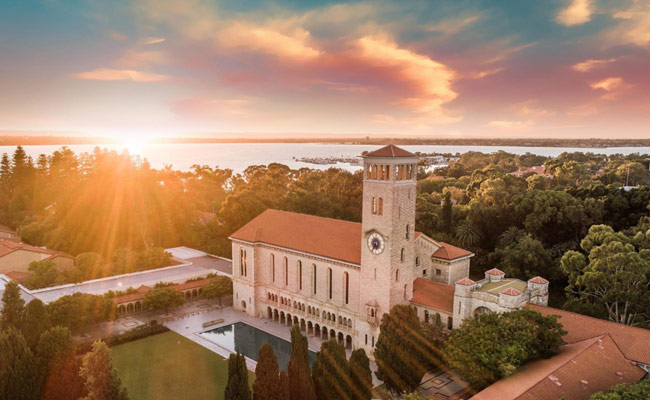University of Western Australia: Oceanographer Recognized for Mentorship Legacy
A Professor at the UWA Oceans Institute has been honoured for mentoring hundreds of students and early career scientists – largely through the world-renowned research and training program he developed at The University of Western Australia.
“My goal was to educate and share knowledge with as many people as I can, and this is a wonderful acknowledgement of that.”
Professor of Coastal Oceanography, Charitha Pattiaratchi, UWA Oceans Graduate School
Professor of Coastal Oceanography Charitha Pattiaratchi received The Oceanography Society’s biannual Mentoring Award at a breakfast ceremony in New Orleans.
“I’m honoured to be recognised by The Oceanography Society,” Professor Pattiaratchi said.
“My goal was to educate and share knowledge with as many people as I can, and this is a wonderful acknowledgement of that.”

Professor Pattiaratchi has made significant contributions to the field of oceanography and his expert opinion is frequently sought on issues from ocean circulation, to tsunamis and coastal hazards, rising sea levels and marine infrastructure.
He was appointed inaugural leader of the Integrated Marine Observing System (IMOS) science node in Western Australia that established marine infrastructure for sustained ocean observations in WA. He has also led the IMOS ocean glider facility based at UWA that operate autonomous underwater glider across Australia.

His work has often drawn global attention – his expertise in marine drift modelling was instrumental in locating debris from missing passenger flight Malaysia Airlines flight 370, he pioneered the use of autonomous ocean gliders for coastal observations in Australia, and developed the world’s first artificial surfing reef.
The renowned oceanographer has also spent his career mentoring future scientists – he leads the Coastal Oceanography Group at the UWA Oceans Graduate School, and has supervised more than 300 people so far, including the direct supervision of 277 dissertations.
Professor Pattiaratchi said the key to mentoring was to treat students and others as equals who could speak and discuss any subject with their supervisor.
“If you are a teacher, that should be what you’re doing – developing young scientists and imparting knowledge, but in a friendly way.”
“There are many of my students who have achieved a lot – when someone asks me if I know an oceanographer and I say ‘Yes, they’re my student’, it gives me great satisfaction if people recognise my student more than they do me.”

